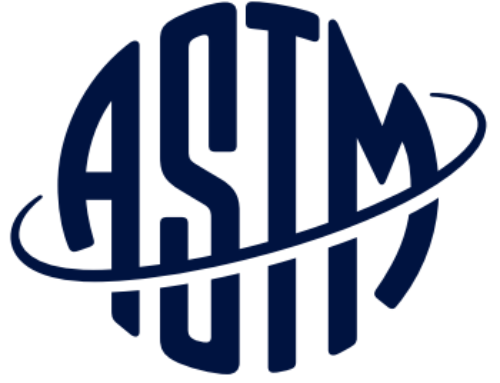FOR IMMEDIATE RELEASE:
BRENTWOOD, Tenn., April 3, 2019 – VEXTEC has received enhancement funding to its Phase II SBIR Award from the United States Air Force (USAF), to validate computational physics-based fracture mechanics methods. The USAF recognizes the benefit of such methods over traditional linear elastic fracture mechanics: significant reduction in errors and uncertainty in life prediction. Presence of these uncertainties usually result in unreliability or excessive conservatism for designs, when new materials are implemented. VEXTEC’s methods, developed in Phase II, use the actual size of initial flaws and accurately calculate the cycles needed to grow to failure. This is accomplished by applying probabilistic, physics-based fatigue crack growth models that will be validated under this program. VEXTEC will gather laboratory test data required to develop the inputs to the models. An independent set of tests will be performed for comparison with the model predictions. Lockheed Martin Aeronautics Company is working with VEXTEC to assure the method will interface with standard design practices. Lockheed will also compare the results with their own data.
“We are excited about the continuation of this work with the USAF,” says Mr. Michael Oja, VEXTEC’s Sales Manager, “it allows us to further define VEXTEC’s standard work processes, including the type of laboratory data required to create and validate the models. We are employing a commercial test vendor to perform the testing based on ASTM test methods. This will standardize the tests and help determine the testing costs to create valid, microstructural-based computational fatigue and fracture mechanics models.”
According to Dr. Robert Tryon, the Principal Investigator on this project and VEXTEC CTO, “This project is putting integrated computational materials engineering (ICME) into practice. The time and cost required to create a valid ICME-based fatigue model can be compared to the time and cost of traditional empirical methods which perform cyclic tests on many, many specimens. There is a broad benefit of this technology in industries such as Aerospace, Automotive, Energy and Medical Devices. VEXTEC sees the generation of significant potential value when designing with a new material, or when standard materials are being used at the bounds of the normal design envelope.”
About VEXTEC
Founded in 2000, VEXTEC Corporation is the home of VPS-MICRO, a unique microstructural fatigue durability prediction software based on ICME (Integrated Computational Materials Engineering). This technology fills a gap in the existing capabilities provided by CAD/CAM, FEA, statistical modeling, and physical material and component testing, by effectively integrating them into a single computational processing framework. VEXTEC’s clients include leading multinationals in the aerospace, automotive, electronics, energy, heavy industry and medical device manufacturing sectors, as well as many federal government agencies. VEXTEC has received over $25 million in development funding from US Department of Defense Innovative Research programs, and has been granted seven patents related to its technology.
For more information, visit: http://vextec.com




Leave A Comment